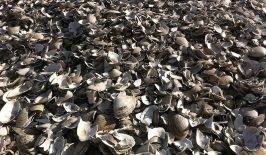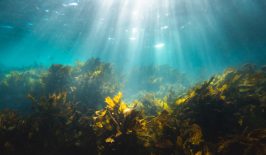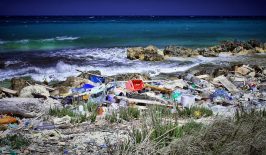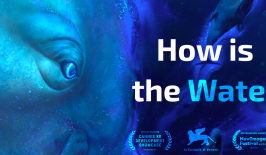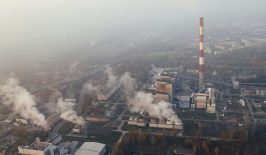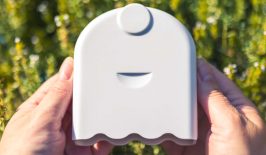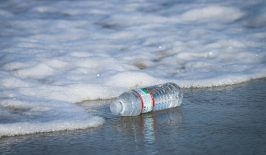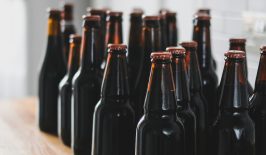It’s easy to underestimate mussels, but there’s more to these squelchy shellfish than meets the eye. Extremely resilient creatures, mussels are able to survive in polluted waters that many other species can’t tolerate. Not only that, but they are exceptionally adept at filtering water – an ability that researchers believe could help us cleanse waterways.
Scientists at Plymouth Marine Laboratory (PML) are homing in on mussels’ potential to filter microplastics, with a team embarking on a year-long study to figure out how feasible this might be on a larger scale.
Regretfully, our oceans are awash with plastic. The most important thing we can do to mitigate this is to use less plastics – period. But we still need nature-based, eco-friendly methods to reduce the volume of plastic that’s already there.
Microplastics – tiny pieces of plastic, smaller than 5 millimetres – present particular challenges. Broken off from larger pieces of plastic, their minute size makes them tricky to remove. When scientists try to sieve them from the water, they inevitably end up collecting organic material and valuable marine life too.
Luckily, mussels are natural filtering machines. In a single day, one adult mussel can filter up to 15 gallons of water. This is, in fact, how these unusual invertebrates eat: by sucking in water, and sifting out the plankton and other nutrients. The undesirable particles – including microplastics – are then flushed out in the mussels’ waste.
Of course, the microplastics remain in the waste – but the mussels have now packaged it up neatly, ready for scientists to collect and remove. The team is currently looking into using a system of cages and nets to collect this plastic-filled poop. Furthermore, the waste is rich in carbon, meaning it could, potentially, later be used as biofuel.
The first stage of the PML research, which will be conducted in the lab, will involve figuring out the best way to collect mussel faeces en masse. Following these tests, the effectiveness of deploying mussels in a variety of marine environments will be tested.
So, how exactly do the mussels fare throughout this process? It seems that microplastics do not actually harm the animals at usual concentrations: mussels eat microplastics regardless, and the particles are too large to penetrate their membranes. It should be noted, however, that smaller pieces of plastic – yes, even smaller than microplastics – called nanoparticles can still slip through to the mussels’ tissues.
It must be stressed that mussel filtering is not a complete solution. Mussels alone can’t clean up all of the human-wrought mess: computer modelling has found that they can filter only one quarter or so of the microplastics in water. But as a supplementary solution, it’s a promising one, with the rewilding of mussels also promoting biodiversity and healthy marine life.
The study also shows the value of taking inspiration from the natural process of animal and plant life to inform the next generation of climate-conscious projects, whether that is using seaweed to filter agricultural run-off, or creating fuel using photosynthesis.
The PML project receives funding from a project called Plan Plastic, headed by UK supermarket chain Waitrose. Unfortunately, the money is derived from the sale of the supermarket’s plastic carrier bags, which should arguably be halted altogether, rather than merely offset through other initiatives.

